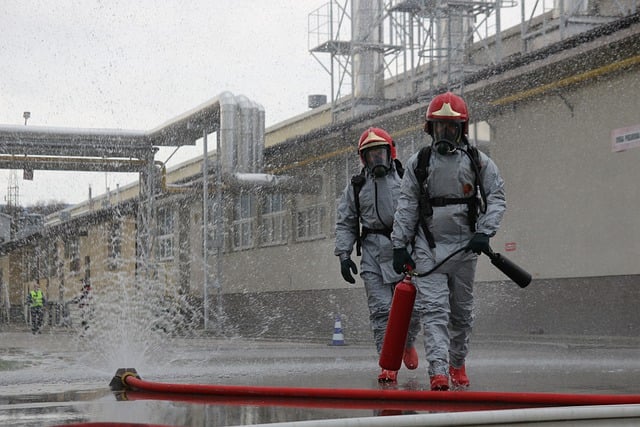Villa for Sale in Greece: Practical Guide for Buyers
Buying a villa is a significant decision that combines lifestyle choices, legal steps, and financial planning. Whether you are seeking a permanent home, a holiday retreat, or a rental property, understanding the specifics of a villa for sale can help you make a clearer choice. This article outlines what to look for in a villa, how to assess a property, why Greece remains an attractive location, the real estate buying process, and factors to evaluate when considering a villa as an investment.

What to look for in a villa
When inspecting a villa, consider both structural condition and lifestyle factors. Check foundations, roof condition, plumbing, and electrical systems, as these can be costly to repair. Look at the layout and usability of living spaces, outdoor areas, garden or pool maintenance requirements, and privacy from neighboring properties. Orientation and views affect light, temperature, and resale appeal. Verify access to local services like shops, healthcare, and transport, and assess seasonal practicality if intending short-term rentals. Document any visible issues and ask for previous renovation records and warranties where available.
How to assess a property legally and technically
Legal due diligence helps prevent future disputes. Confirm clear title and ownership history, check for liens or unpaid taxes, and ensure all permits exist for construction and renovations. Engage a local solicitor experienced in property law to review contracts and handle registration. For technical assessment, commission a professional surveyor to identify hidden defects, structural weaknesses, or code violations. If the villa sits in a regulated zone (coastal, forest, or archaeological), check planning restrictions and possible conservation rules. Request energy performance certificates and inquire about utilities, broadband, and waste management connections.
Why consider Greece for a villa purchase
Greece offers diverse locations—from islands to mainland coastal towns—each with distinct climates, cultures, and infrastructure. Properties in Greece often appeal to buyers who value Mediterranean climate, local cuisine, and cultural heritage. Local market dynamics vary widely: island resorts may have strong seasonal rental markets, while inland or up-and-coming regions can offer quieter lifestyles and lower entry prices. Consider regional differences in accessibility (ferries, airports, road quality) and local services such as healthcare and schooling if planning long-term residence. Research municipal regulations, residency requirements for non-EU buyers, and any regional incentives that may apply.
Understanding the real estate buying process
The typical real estate process includes property search, offer negotiation, contract signing, deposit payment, due diligence, and final transfer. In many jurisdictions, a preliminary agreement secures the property for a defined period while checks are completed. Expect to pay taxes and fees such as transfer tax, notary fees, and registration costs; the percentages and payees differ by country and region. Working with an accredited real estate agent can streamline searches and negotiations, but always independently verify references and qualifications. Secure financing in advance if needed; compare mortgage terms from multiple lenders and consider the impact of currency exchange if purchasing abroad.
Villa as an investment: rental and resale considerations
Evaluating a villa as an investment requires examining potential rental income, occupancy patterns, and resale prospects. Analyze local demand for short-term holiday rentals versus long-term leases, seasonal peaks, and typical nightly rates or monthly rents. Factor in operating costs: property management, utilities, cleaning, insurance, routine maintenance, and local taxes. Consider how improvements—such as modernizing kitchens, adding energy-efficient systems, or landscaping—could enhance appeal and returns. Market liquidity varies; popular tourist areas may sell quicker but have higher purchase prices, while less-known locations might offer lower entry costs but slower appreciation. Balance expected yield against capital preservation and personal use needs.
Conclusion
A villa for sale can meet multiple objectives—home, holiday base, or income-producing asset—but requires careful evaluation of condition, legal status, location, and ongoing costs. In Greece, regional differences shape market behavior and practical considerations, so local expertise and thorough due diligence are important. By combining technical inspections, legal checks, and realistic financial projections, prospective buyers can better align a villa purchase with their lifestyle and investment goals.






